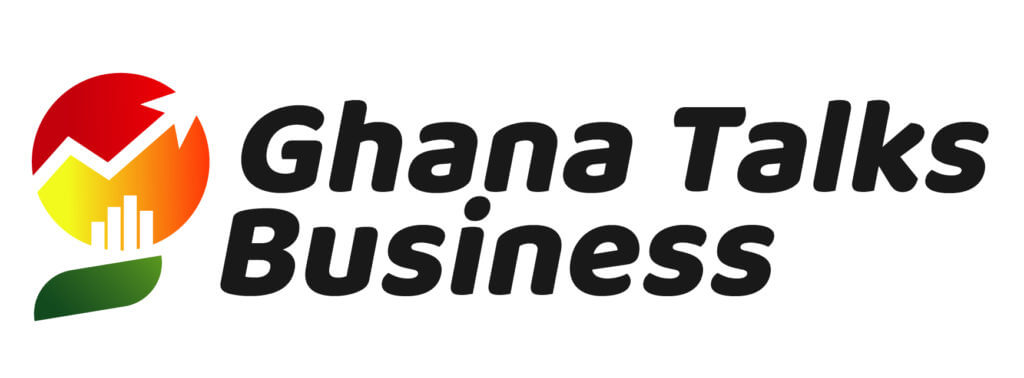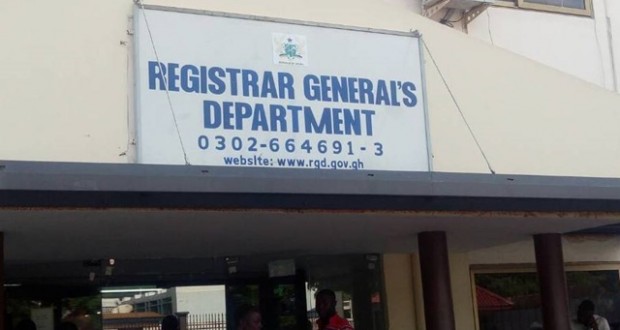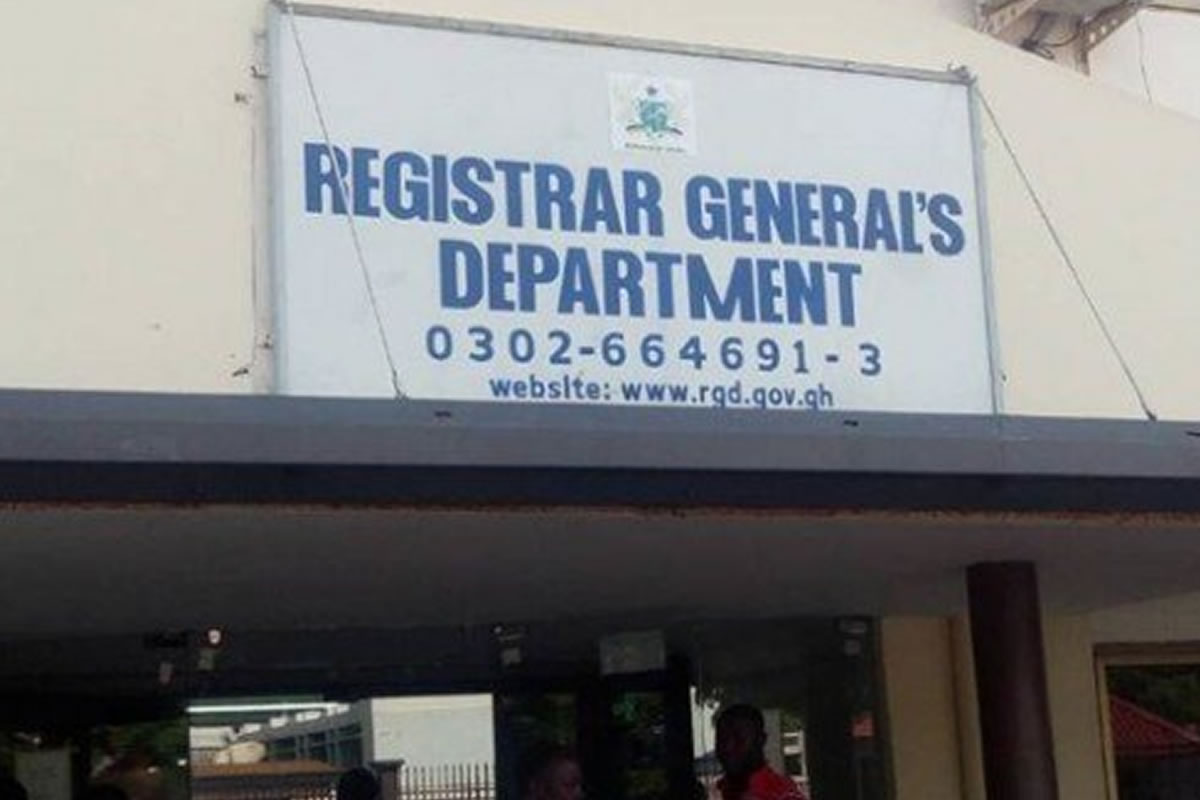The Registrar-General, Jemima Oware, has noted that her outfit will from the end of this month, start a process to permanently remove some 50,000 firms from its database.
This is in line with the implementation of the new Companies Act of 2019, Act 992, and to bring sanity, improve corporate governance, and clean up the companies register.
Speaking at a sensitization seminar on the new Companies Act, organized in collaboration with the Association of Ghana Industries (AGI), she said the exercise had become necessary because the department’s database was inflated with names of dormant and non-compliant firms. According to her, these firms were registered since 2011 but over the years they have failed to file their annual returns, in compliance with the Companies Act 2019 (Act 992).
READ ALSO: Ghana’s New Companies Act Passed! Here is What to Expect – Part 2
“We started the exercise with a sample of about 50,000 companies on the register which failed to file their annual returns in compliance with the law. We gave them three-month notices and now we have gone past seven months, yet they have still not updated us with their records. So, in compliance with the law, we are striking out their names from the register by first putting them in a state of inactiveness,” she said.
According to Jemima Oware, once a company is put in a state of inactivity, only a court can direct for the names of those companies to be restored to the register. She, however, noted that the court process could be avoided if the affected firms will pay the required annual return fee of GH¢50, in addition to a yearly penalty of GH¢450, to file their returns.
“In that state, only a court can direct that the names of those companies be restored to the register,” she said.
“When you file an annual return, you are updating the Registrar-General on changes that have taken place in your company, whether you have carried out any business or not. It is just GH¢50,” she further said.
Inactive Business – What this means
Once a business has been deemed inactive by the office of the Registrar General, it will be illegal for said businesses to operate within the country. Hence affected businesses risk losing their brand identity and operational activity in the country. This may have an overall dwindling effect. Affected businesses may lose sales and revenue. They may eventually shut down which implies job losses.
AGI’s stance
The CEO of the Association of Ghana Industries (AGI), Seth Twum-Akwaboah, in his interaction with the media after the meeting noted that the sensitization program is to help its members improve their corporate governance practices, and align with the new provisions of the Companies Act 2019 (Act 992).
“The Act, as it is, promotes good business practices, and it is important for all firms registered in Ghana to operate within the law. Today, trading within the African Continental Free Trade Area has begun, and for local businesses which may require foreign partnerships to augment production capacity, good governance practices could be one of the criteria in forging such partnerships,” he said.
“Our local businesses will also be better placed to integrate into the global economy if corporate governance standards are upheld. I urge AGI member-companies incorporated before 2012 and which have still not complied with the re-registration directive to quickly do so, before the deadline elapses,” he further said.
Changes to company registration
The Registrar General further noted some changes to company registration, some of which include:
• hiring qualified company secretaries and a reduction in the age of starting a company from 21 to 18.
• the simplification of registering a company and filing returns by visiting the Registrar General’s website.
• companies to bear new suffixes at the end of their names such as limited company (Ltd.) and public limited company (PLC).
• all companies must have a constitution.
ALSO READ: The Registrar General’s Department; it’s Time to Sit up!






